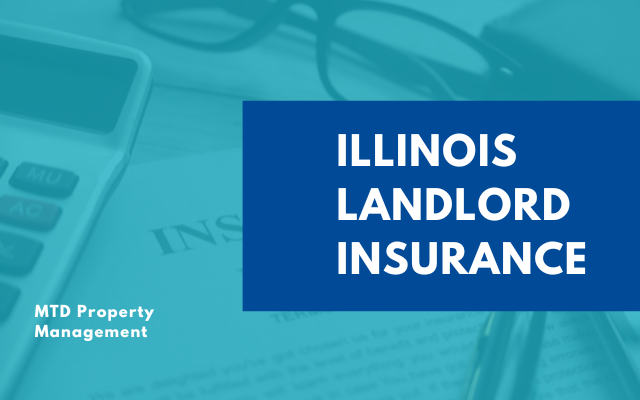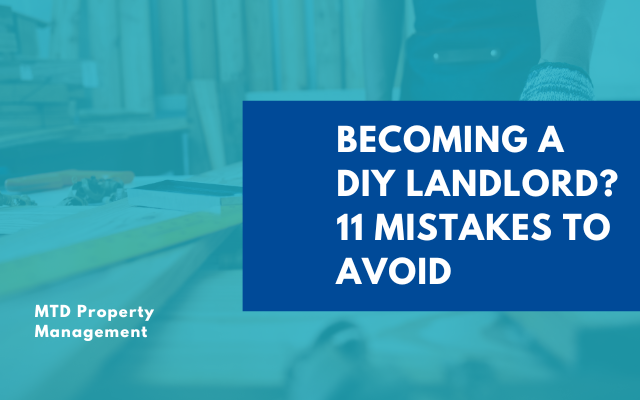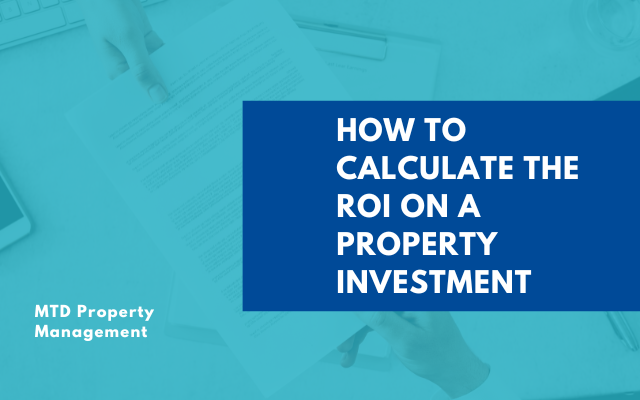Illinois Landlord Insurance

Ever wondered how to protect your rental property investment in Illinois? As a landlord, safeguarding your property and income is crucial.
Illinois Landlord Insurance offers peace of mind by covering damages, liability, and potential income loss. In this article, we'll break down the essential coverages, explain what isn't included, and help you understand why this insurance is a smart choice for any landlord.
Whether you're new to renting or an experienced property owner, knowing the ins and outs of landlord insurance can make all the difference in protecting your assets. Let's dive into the details!
What is Landlord Insurance?
Landlord insurance is a type of policy designed specifically for rental property owners. It provides coverage for potential risks associated with renting out your property.
This includes protection for the physical structure of the property against damage from events like fire, storms, and vandalism. It also covers liability issues if someone is injured on your property, as well as potential loss of rental income if the property becomes uninhabitable due to covered damage.
Additionally, it can include coverage for other structures on the property, medical payments for injuries, and optional protections like flood or earthquake insurance.

Key Differences Between Landlord and Home Insurance
Landlord insurance and home insurance serve different purposes and offer different types of coverage:
- Primary Use: Home insurance is for owner-occupied residences, while landlord insurance is for rental properties.
- Coverage: Home insurance covers the structure, personal belongings, and provides liability coverage for homeowners. Landlord insurance covers the rental property’s structure, liability protection related to tenants, and loss of rental income.
- Personal Property: Home insurance covers personal belongings of the homeowner. Landlord insurance doesn’t cover the landlord’s personal property at the rental but may cover items provided for tenant use, like appliances.
- Liability: Home insurance provides liability protection for incidents on the homeowner’s property. Landlord insurance covers liability related to tenant injuries or legal issues.
- Rental Income: Landlord insurance can include coverage for lost rental income if the property becomes uninhabitable. Home insurance doesn’t offer this type of coverage.
Is Landlord Insurance Required in Illinois?
In Illinois, landlord insurance is not legally required by state law. However, it is highly recommended. Many mortgage lenders may require it as a condition for financing rental properties.
Even if it's not mandated, having landlord insurance provides crucial protection against potential risks and liabilities,
safeguarding your investment and financial stability.

What is Covered Under Landlord Insurance in Illinois
Here’s a list of all the coverage options in Landlord Insurance in Illinois:
Liability Protection for Landlords
Liability insurance protects you if someone gets hurt on your rental property. It covers legal fees and medical bills if you’re found responsible. This helps protect your finances and ensures that an unexpected accident doesn’t become a huge financial burden.
Coverage for Your Rental Dwelling
Dwelling coverage pays for repairs to your rental property if it’s damaged by covered events like fire, wind, or vandalism. It helps you rebuild or repair the structure so you can continue renting it out, maintaining your income and property value.
Income Loss Coverage for Landlords
Loss of income coverage helps replace your rental income if your property becomes uninhabitable due to covered damage. This ensures you still receive income while your property is being repaired, providing financial stability during tough times.
Medical Protection for Premises
Premises medical protection coverage pays for medical expenses if someone is injured on your property, regardless of who is at fault. This can help avoid lawsuits and cover immediate medical costs, providing peace of mind for both you and your tenants.
Coverage for Additional Structures

Other structures cover additional buildings on your property, like garages, sheds, or fences. It ensures these structures are covered if they’re damaged by a covered event, maintaining the overall value and functionality of your rental property.
Optional Coverage Enhancements
Optional coverage can include protections like flood insurance, earthquake insurance, or higher limits for valuable items. These options allow you to customize your policy to fit the specific risks and needs of your rental property, providing comprehensive protection.
What Landlord Insurance in Illinois Will Not Cover
Landlord insurance in Illinois has specific exclusions. It won’t cover:
- Flood Damage: Separate flood insurance is needed.
- Personal Property: Your belongings at the rental property aren't covered.
- Earthquake Damage: Requires separate earthquake insurance.
- Wear and Tear: Normal ageing and deterioration of the property aren’t included.
- Routine Maintenance: You must cover regular upkeep costs.
- Water or Sewer Backups: Damage from backups isn’t covered unless you add this optional coverage.
Conclusion
Understanding and investing in Illinois Landlord Insurance is a smart move to protect your rental property and ensure peace of mind. By covering potential damages, liabilities, and income loss, you safeguard your investment against unforeseen events.
As you navigate the complexities of being a landlord, consider partnering with a professional property management company like MTD Property Management.
They can handle the day-to-day operations, tenant relations, and maintenance, allowing you to focus on growing your investment portfolio. Trust MTD Property Management to provide expert care and management, ensuring your rental property thrives while you enjoy hassle-free ownership.









